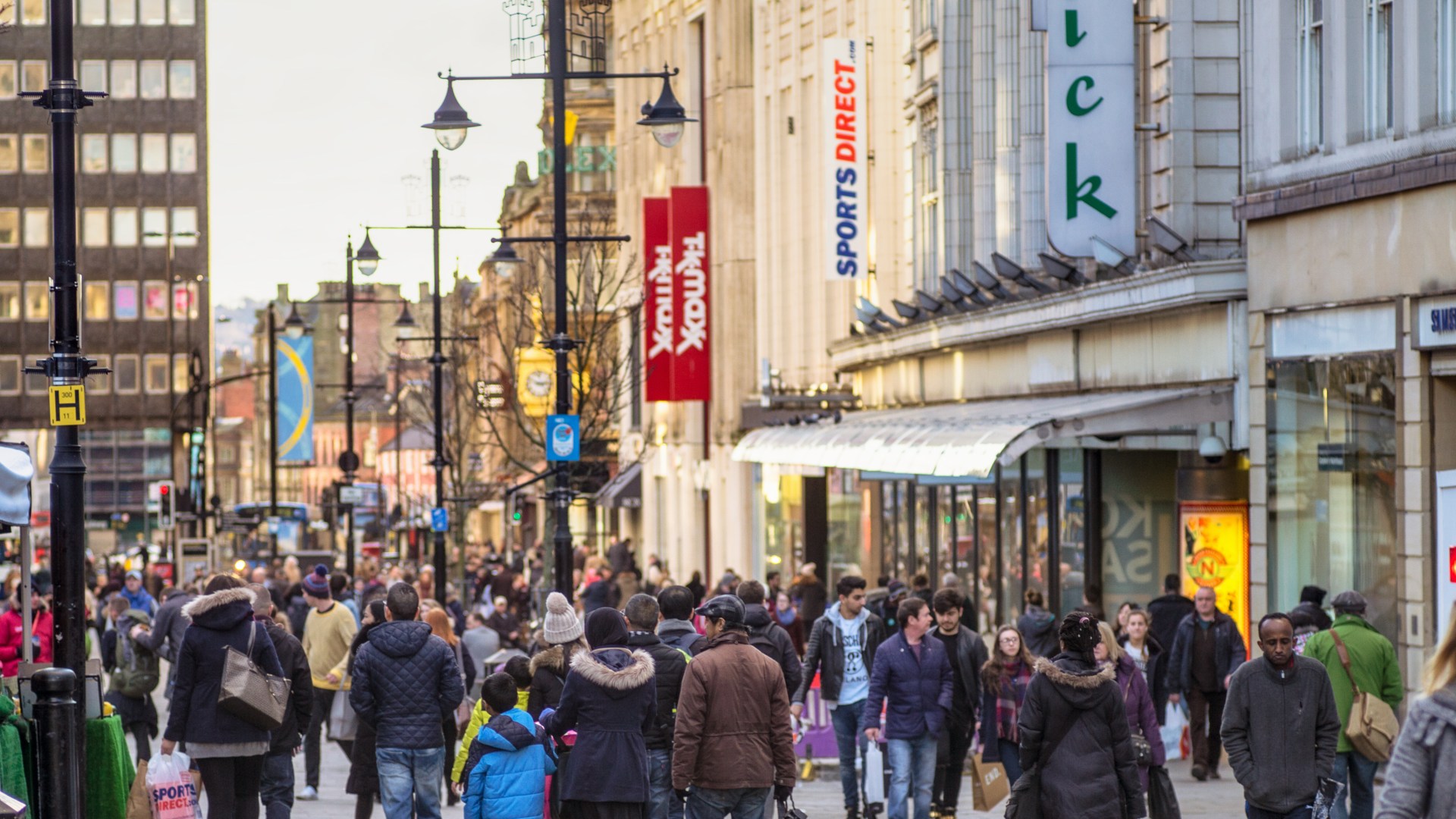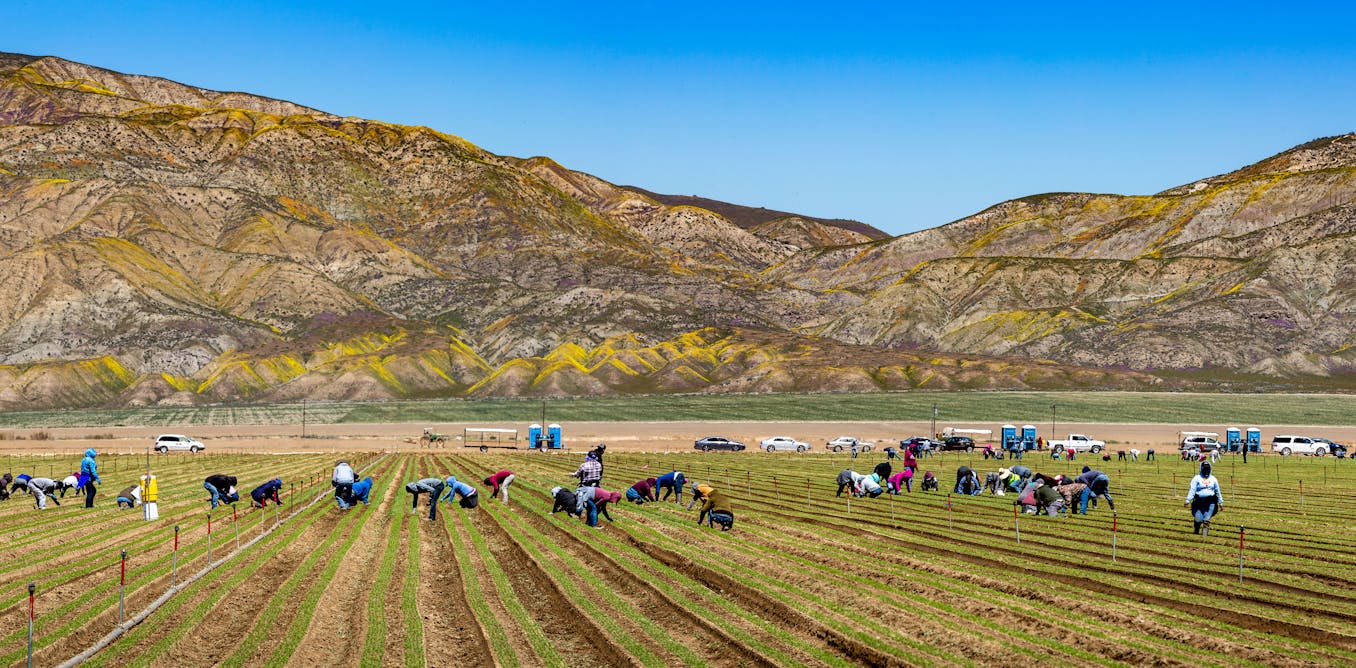THE birthplace of Greggs has rejected its own beloved bakery chain by bringing in a ban on new fast food restaurants.
Newcastle upon Tyne has turned its nose up at takeaway joints for fear of spiking obesity rates.

6

6

6

6
The ban won’t force existing takeaway places to shut shop but will prevent new sites turning into fast-food joints.
Director of public health for Newcastle City Council and Gateshead Alice Wiseman stated the area was in need of change.
She said: “The solutions that people have been considering have been things like access to weight management services or provision of drugs – but that is never going to solve the issue.
“It impacts on health, it impacts on social care, and it impacts on the wider economy. Our NHS partners are starting to have some real challenges in relation to provision of services for people who are overweight or obese.”
The new law will be implemented in wards where 10 per cent of children aged 10 to 11 being classified as obese – this affects 24 of the 26 wards.
The average of children in this age group classified as obese in Newcastle is 29 per cent which is six per cent higher than the English average.
Despite the call to tackle fast-food, the popular pastry chain Greggs actually won’t be affected by the ban.
This is because Greggs outlets are classified as ‘shops’ which offer a variety of healthier options.
The salad and rice bowls brought the bakery out of the ‘takeaway’ category and so won’t be prevented from expanding in Newcastle.
It seems despite their notoriously tasty bakes the outlets were saved by their Sweet Potato Bhajis and Sweetcorn Fritters.
The abundance of takeaways in poorer areas has been termed ‘food swamps,’ highlighting the difficulties faced when accessing healthy food in deprived neighbourhoods.
The bakery ban follows the footsteps of adjoining borough Gateshead, which banned takeaways in 2015.
Discussing community responses, Wiseman said: “What they were saying was, ‘we don’t want our kids to be fat like us, but we’re worried about our kids going to bed hungry.’
“It’s easier to buy a big bag of chips and have kids filled up so that they don’t go to bed hungry than worrying about the nutritional content.”
The history of Greggs
1939: John Gregg starts delivering bread, yeast and eggs by bike to mining families in Newcastle.
1951: Gregg opens his first shop in Gosworth, Newcastle – bought for £7,750.
1964: Gregg dies, and his son Ian Gregg takes over. It employed 15 people and made over 70k a year.
1972-76: The business expands and buys up bakeries across the north, expanding to Scotland, Manchester, and across Yorkshire.
1983-84: After growing the business from one to 300 shops, Ian steps down. Greggs becomes a listed company on the London Stock Exchange.
1987: Greggs starts its own charity, the Greggs Trust, which later became the Greggs Foundation, to support local communites.
1994: Greggs takes over the Bakers Oven chain, buying up 424 shops. Greggs now has nearly 1,000 branches.
2013-present: Greggs focuses on more “on-the-go” products, ditching loaves and scones. It now has 1,850 shops.
Deputy director of health-focused initiatives, Nesta, Lauren Bowes Byatt, who was raised in Newcastle, studied the impact of deprivation on health in Gateshead.
She pinned the issues on both the lack of accessibility to healthy food in lower-income-areas and excessive advertising.
Bowes Byatt said: “Individual dieting isn’t working. It’s unlikely that in the time that obesity has doubled that our willpower got a bit worse.”
The Newcastle raised deputy director explained that when growing up, she was ‘bombarded with advertising and local takeaways.’
She said it was unlikely that in the time obesity has doubled that just our willpower got a bit worse.
London mayor Sadiq Khan brought in his own measures in 2019 when he banned adverts for junk food on public transport in the within city.
Since 1992 there have been plans to tackle UK obesity rates as they continue to soar, especially in deprived areas.
With rising rates, Newcastle’s ban on fast food restaurants may be the first of many.

6

6




